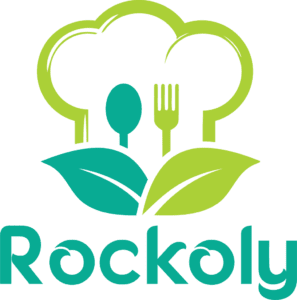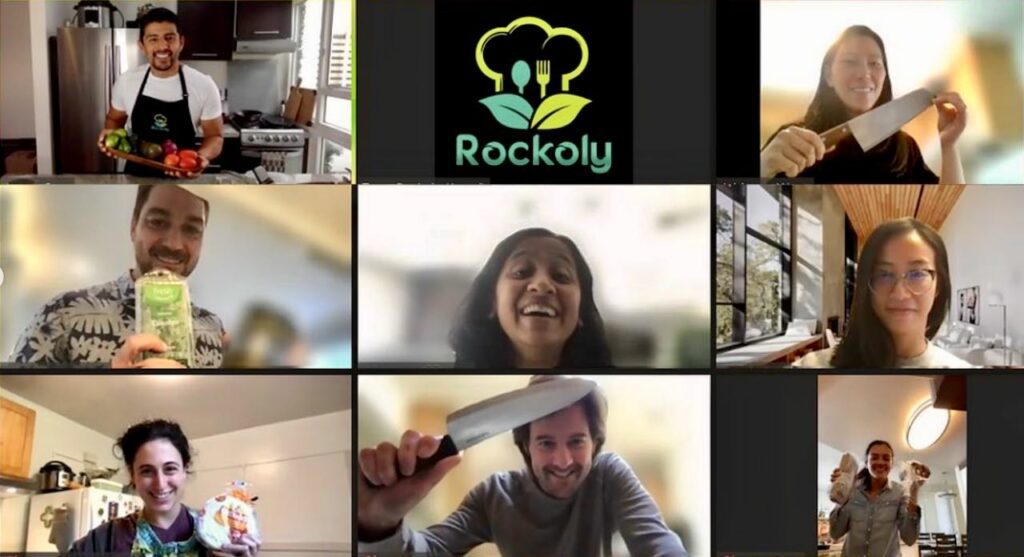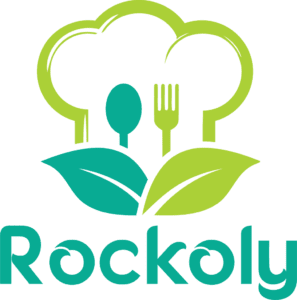When most people think of team building, they might picture obstacle courses, trust falls, or even competitive games. But there’s a delectable avenue that’s increasingly carving its niche in team-building domains – and that’s team cooking. Cooking, an activity rooted deeply in cultures worldwide, has shown immense potential to foster collaboration, communication, and trust among corporate teams. Let’s dive into the psychology behind team cooking and discover why a simple culinary endeavor, like the Rockoly virtual cooking and wine tasting classes, is becoming a key ingredient for a cohesive workforce.
1. Universality of Cooking
Every culture and community worldwide boasts its culinary traditions. Hence, cooking is a universally relatable activity. It acts as a bridge, transcending linguistic and cultural barriers. When teams participate in a cooking activity, it provides common ground for everyone to relate, share experiences, and build connections.
2. Team Cooking: The Role of Collaboration
In the culinary world, collaboration is key. Just as a dish requires various ingredients to come together harmoniously, team cooking requires participants to collaborate effectively. Each team member plays a pivotal role, whether it’s chopping, sautéing, or plating. The success of the dish, much like a project, depends on seamless collaboration.
3. Fostering Communication
Clear communication is the bedrock of any successful recipe. If one team member isn’t on the same page, the dish could be jeopardized. As teams work together in a cooking session, they sharpen their communication skills, ensuring that instructions, ideas, and feedback are shared clearly and effectively.
4. Building Trust and Dependency
When entrusting a colleague with the crucial task of seasoning or marinating, there’s an inherent trust that they’ll do the job right. Similarly, in the workplace, trusting colleagues with critical roles is essential. Through cooking, team members learn to rely on one another, fostering a deeper sense of trust and interdependency.
5. Team Cooking: Encouraging Creativity
A dash of this, a sprinkle of that – cooking is an art. In team cooking sessions, especially in platforms like Rockoly virtual cooking classes, members are encouraged to think outside the box. Such an environment is ripe for innovation, brainstorming, and the fusion of diverse ideas – all crucial elements for a vibrant corporate culture.
6. Tangible Results Foster a Sense of Achievement
At the end of a cooking session, there’s a tangible, often delicious, result. This mirrors the satisfaction and sense of achievement teams feel upon successful project completion. Observing the fruits of collective labor fosters motivation and a drive to replicate that success in future endeavors.
7. Mitigating Conflict Through a Shared Goal
The shared goal of creating a delightful dish can overshadow minor disagreements. Team members are more focused on the collective outcome than individual differences, making culinary collaboration a potent tool for conflict resolution.
8. The Therapeutic Aspect of Cooking
Multiple studies highlight cooking as a form of therapy. It reduces stress and fosters mindfulness. Engaging in such a therapeutic activity collectively can enhance team mental well-being, ensuring that members return to work rejuvenated and more focused.
9. Team Cooking: Learning and Growing Together
With Rockoly wine tasting and cooking classes, teams don’t just cook; they learn. They learn about cuisines, techniques, and flavors. Such a learning experience, when shared, promotes collective growth and strengthens the bond among team members.
10. Celebrating Diversity Through Culinary Delights
Cooking is a reflection of cultural diversity. When teams explore different cuisines, they inadvertently celebrate diversity. This not only enriches their culinary experience but also fosters cultural sensitivity and appreciation in the workplace.
Team Cooking: For Dessert
The fusion of cooking and team building is more than a delightful trend. It’s a science-backed strategy that leverages the universal appeal of food to foster collaboration, communication, and trust. As corporate landscapes evolve, so do team-building methods. With platforms like Rockoly offering virtual cooking and wine tasting team building classes, teams can now connect, collaborate, and cook, irrespective of geographical boundaries. As the saying goes, “The family that eats together stays together.” In the corporate world, “The team that cooks together, thrives together.”








